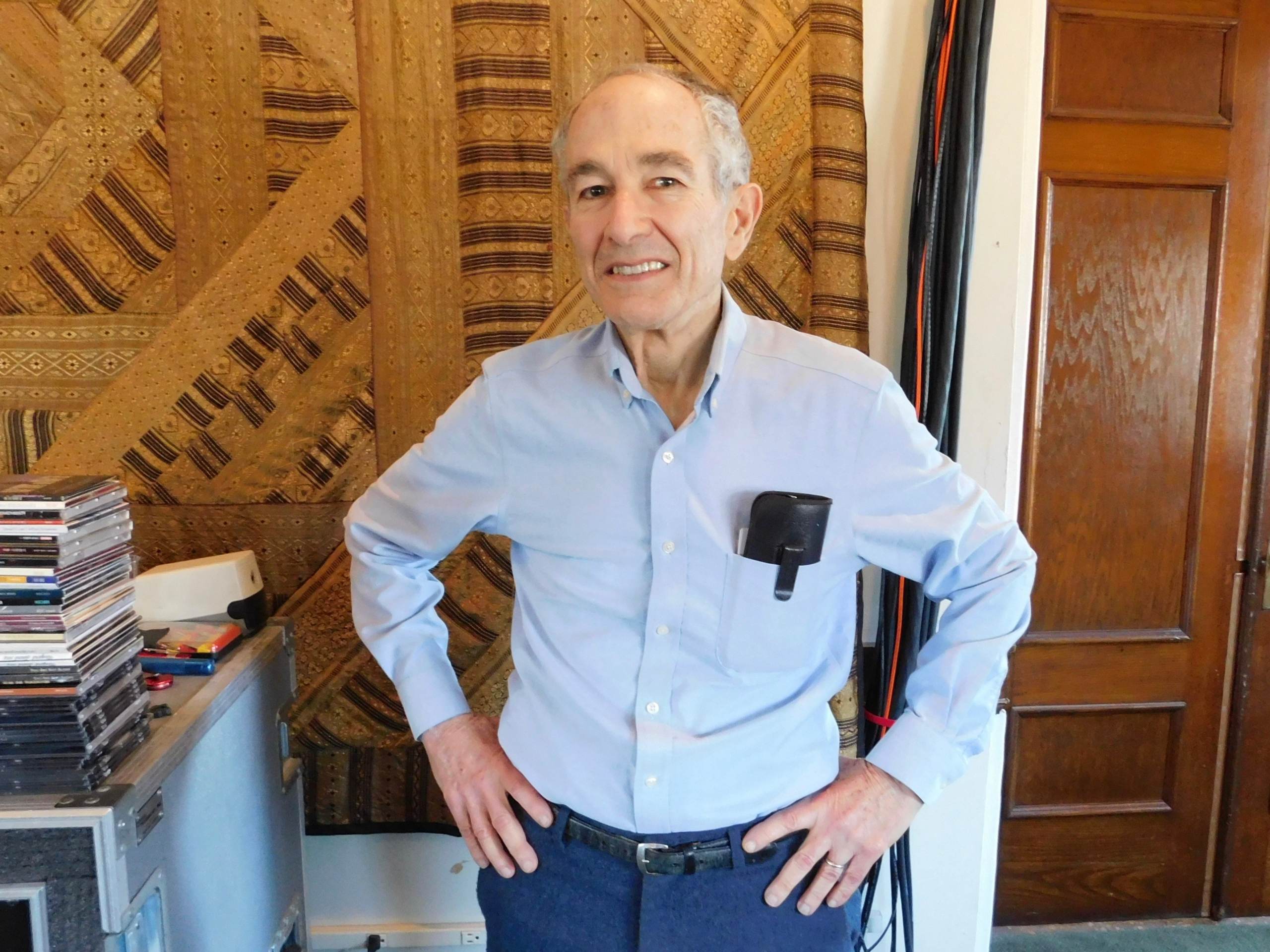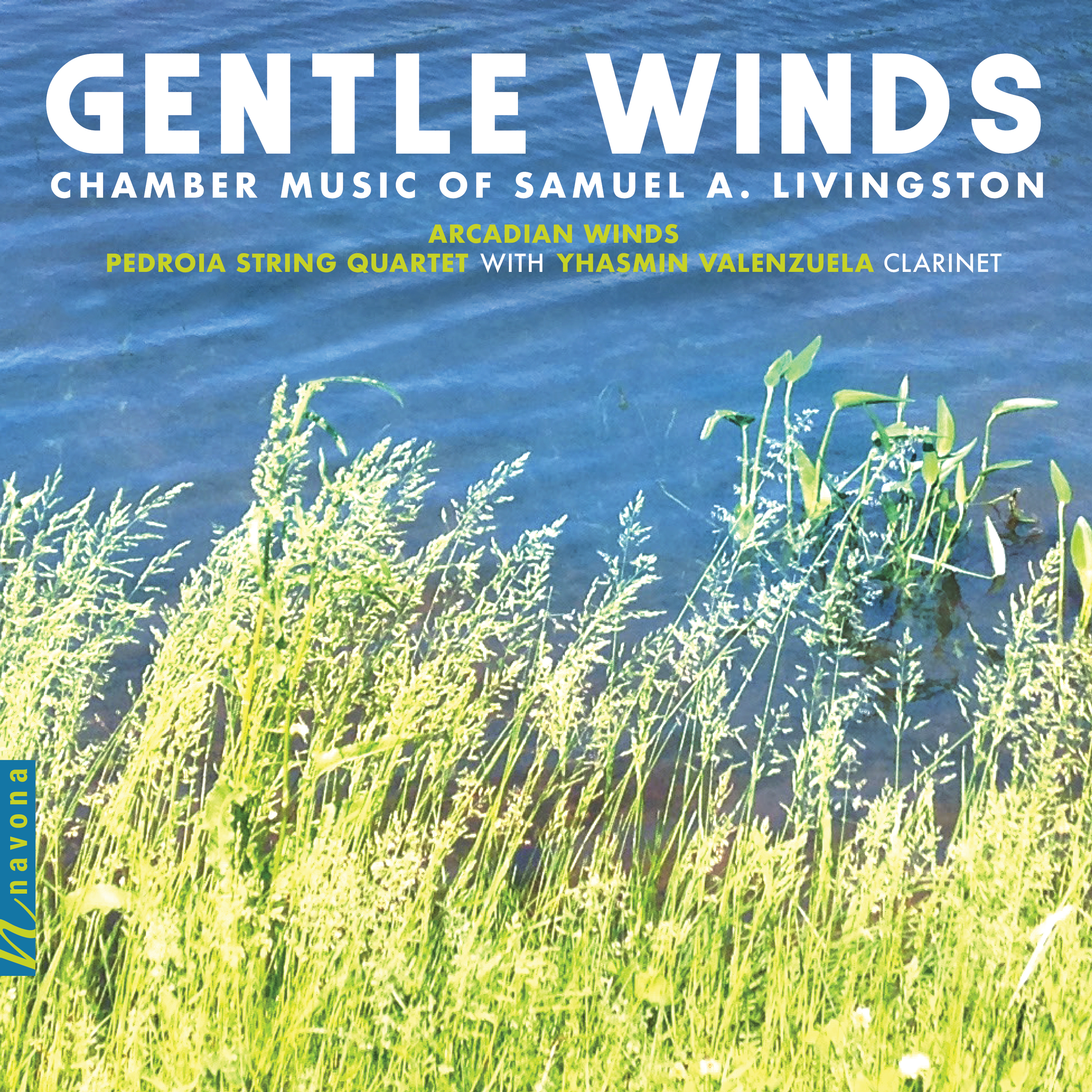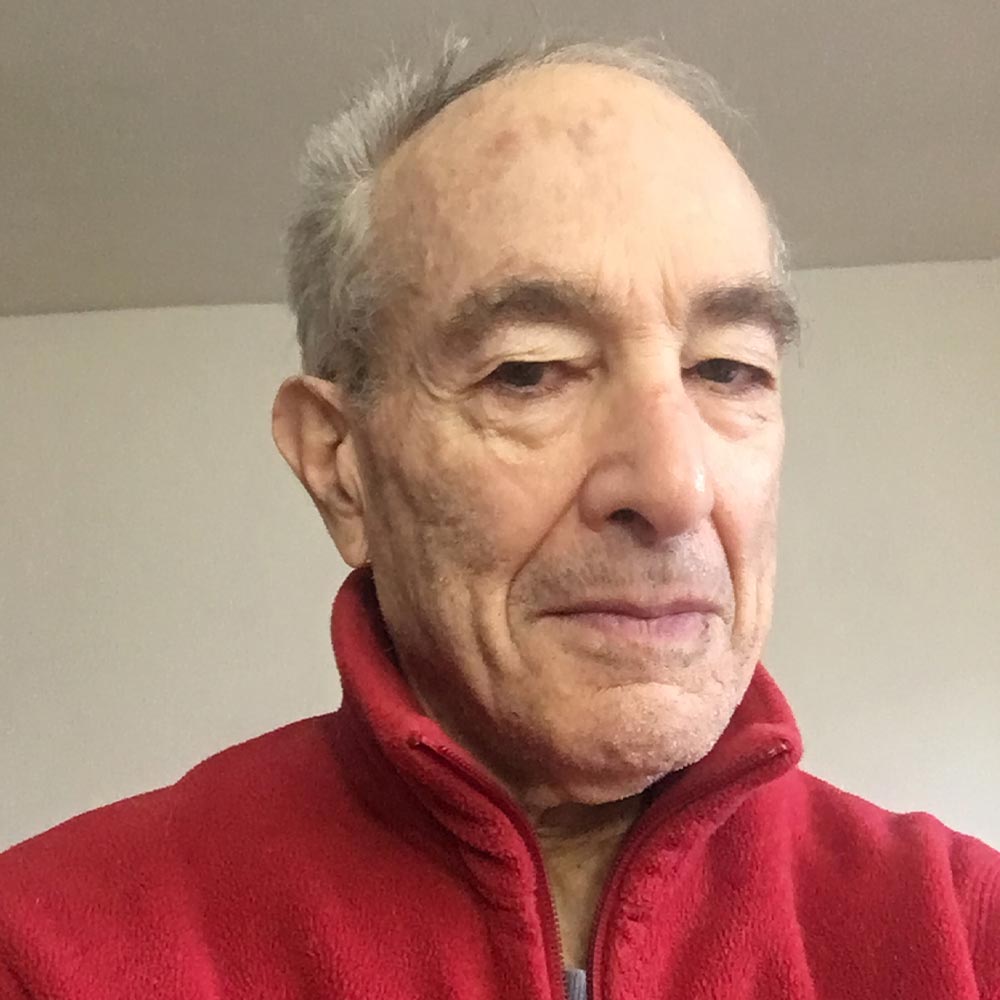
Samuel A. “Skip” Livingston was born in Chicago in 1942 and grew up in the Pittsburgh area. During 1966 and 1967, he was a member of the U.S. 4th Armored Division Band; other than that, he has never been a professional musician. Since 1974 he has lived in central New Jersey, where he plays the clarinet in a community band, traditional jazz groups, and chamber music groups. As a composer, he is entirely self-taught. His recent (21st-century) compositions include works for concert band, a quintet for clarinet and strings, and chamber music for wind instruments.
Today, Skip is our featured artist in “The Inside Story,” a blog series exploring the inner workings and personalities of our artists. Read on to learn how each piece on Skip’s latest album earned its name…
If you could make a living at any job in the world, what would that job be?
Composing music for the movies – if I could do it as well as John Williams does. Millions of people all over the world hear and enjoy his music. But I can’t imagine myself actually being able to do what he does, so I’m glad I don’t have to try to make a living at it. I couldn’t compose to meet a production deadline. It takes me a ridiculously long time to compose – many hours of work for a few minutes of music. Because nobody is waiting for it and I’m not trying to make a living at it, I can spend as much time on a composition as I want. If it takes me two hours or more to write four bars of music, that’s OK. The piece is finished when I can’t think of any way to make it better.
If you could instantly have expertise performing one instrument, what instrument would that be?
The piano. It’s the best solo instrument – the most complete and the most versatile – and it’s also an instrument you can play with other musicians. It has a huge repertory of solo pieces and of chamber music. People who want to play chamber music (including me) are always looking for a pianist. I foolishly passed up the opportunity to take piano lessons as a boy. As an adult, I did take lessons for several years. Although I never got beyond the intermediate stage, I enjoyed playing the few pieces I was able to learn. None of my compositions include a piano, but if I could play the piano, I would feel more comfortable trying to compose for it.
What was your favorite musical moment on the album?
It’s hard to choose just one, but I think my favorite moment comes a little more than halfway through the first movement of Gentle Winds, which is the first track on the album. The key changes from minor back to major and there is a new melody that sounds a bit like a Western movie theme, first in the flute and then in the clarinet. One thing I especially like about that part is that while one instrument plays that melody, two or three others are each playing something that also sounds like a real melody. But mostly, I just like the tune.
Is there a specific feeling that you would like communicated to audiences in this work?
No specific feeling. I just want people to listen to the music and enjoy it. If you hear a melody you especially like, sing along (if you’re listening alone). If you hear a passage that makes you feel like dancing, get up and dance (unless you’re listening in your car).
What is the significance of the titles of the four pieces on the CD?
Originally the pieces did not have titles, but another composer advised me that if I gave the pieces titles, they would be played more often. Gentle Winds is a reference to the instrumentation (four wind instruments) and to the kind of music that it is – smooth and melodic, never loud or harsh or dissonant. The Old Man Is Dancing was suggested by the lively moving passages in the bass line (the clarinet in the low register). Call to the Mountains was suggested by the horn call that begins the piece (and returns near the end). For Quiet Summer Night, I just listened to the music and tried to think of a scene that evoked the same kind of feelings.
Who were your first favorite artists growing up?
When I was about 9 or 10 years old, my parents bought me a kids’ record – actually, an album of two 10-inch 78 rpm records – featuring three movements from the Beethoven septet. The narrator talked for a minute or two about each movement, and then you heard it played. I really liked that music – and I still do. Then, a few years later, when long-playing records had replaced 78’s, I discovered one of my parents’ records that I really liked. It was the Mozart clarinet quintet, in what I now realize was an exceptionally good performance. I listened to it many times, although often just to half of it at a time. So I guess I would have to say that my first favorite artists when I was growing up were Beethoven and Mozart.
Outside of this album, what other music are you involved in?
I play the clarinet in a community band, and about half my compositions have been for concert band. You could probably hear some similarities between those compositions and the pieces on this album. I also play the clarinet in Dixieland and swing groups. That kind of music is very different from my compositions, but improvising in those styles does make me think about how to construct a melody.

GENTLE WINDS is now available through Navona Records for streaming or purchase. Click here to explore this new album.

Samuel A. Livingston was born in 1942, and served from 1966-1967 with the U.S. 4th Armored Division Band. Livingston currently resides in New Jersey and plays the clarinet in a community band, traditional jazz groups, and chamber music groups. As a composer, he is entirely self-taught. His recent (21st century) compositions include works for concert band and several chamber pieces, mostly for wind instruments.
